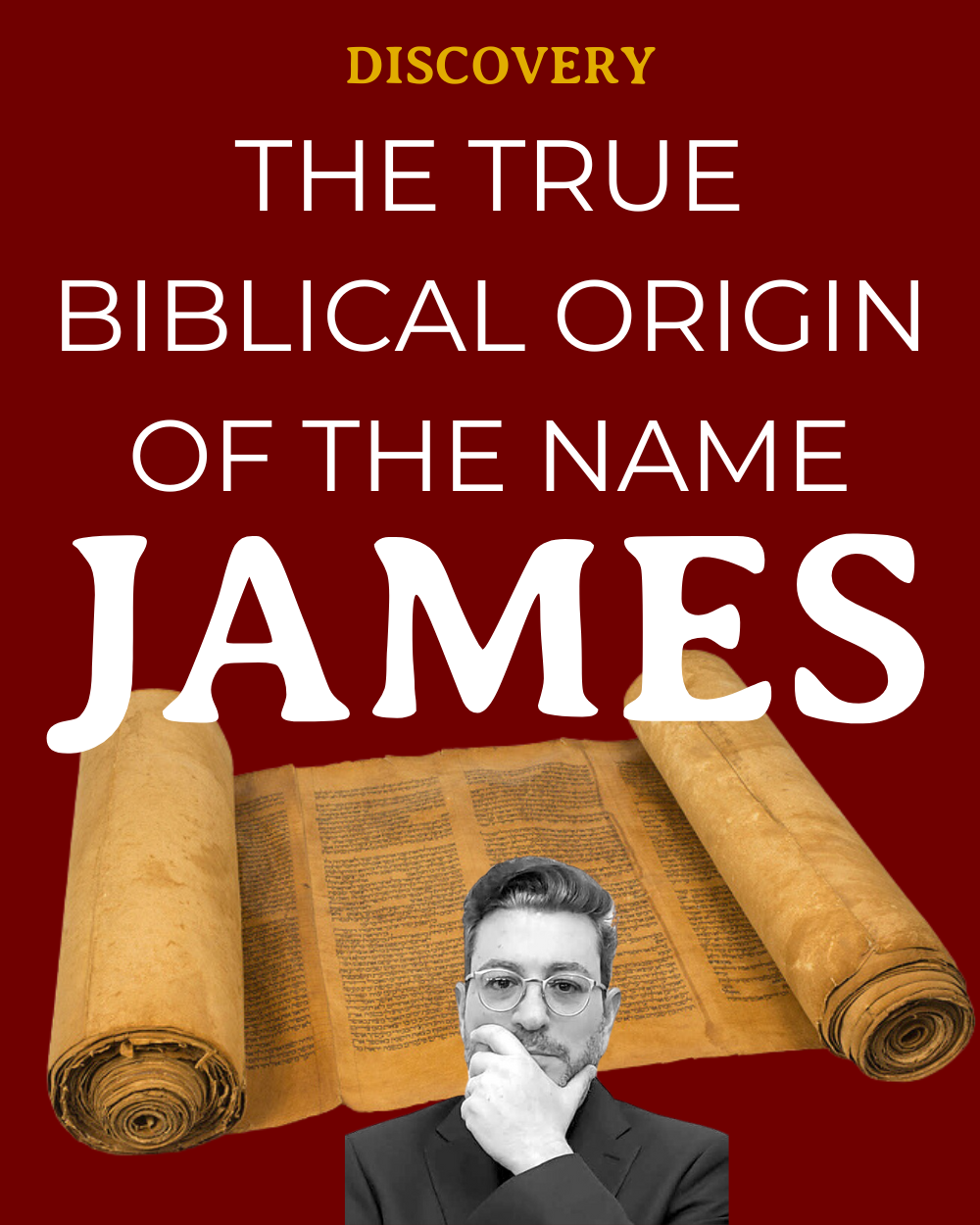The concept of morality is central to the teachings and practices of both Christianity and Islam. While both religions have their own unique approaches to morality, there are also significant differences in their understanding of what constitutes moral behavior and how it should be practiced. In this article, we will explore the various ways in which Christianity and Islam approach morality, highlighting the key differences between the two faiths.
Christianity:
In Christianity, the concept of morality is closely tied to the belief in a personal God who has revealed his will through the Bible and the teachings of Yeshua. According to Christian teachings, God is the ultimate standard of morality and goodness, and followers of the faith are expected to live in accordance with his commandments. This includes following the Ten Commandments as outlined in the Old Testament, as well as living in accordance with the teachings and example of Yeshua as recorded in the Gospels.
One of the key elements of Christian morality as reflected in the New Testament is the belief in the inherent sinfulness of humanity. According to Christian teachings, all people are born with a sinful nature inherited from Adam and Eve, and are therefore in need of redemption through faith in Yeshua. This belief shapes the Christian approach to morality, as followers of the faith seek to repent of their sins and live in accordance with God’s will in order to attain salvation.
The New Testament also emphasizes the importance of love and compassion as key elements of moral behavior. Yeshua’ commandment to “love your neighbor as yourself” (Mark 12:31) is seen as the cornerstone of Christian morality, and is interpreted to mean that Christians should treat others with kindness, compassion, and respect, regardless of their background or beliefs. This concept is also reflected in the Christian emphasis on forgiveness and reconciliation, as followers of the faith are taught to forgive those who wrong them and seek to restore relationships that have been damaged.
Quran:
Like the New Testament, the Quran also contains numerous passages that provide guidance on how to live a moral life. The Quran is seen as the word of God as revealed to the Prophet Muhammad, and is considered to be a comprehensive guide to living a virtuous and righteous life.
One of the key differences between the approach to morality in the Quran and the New Testament is the emphasis on submission to the will of God. In Islam, the concept of submission (islam in Arabic) is central to the faith, and believers are expected to surrender their will to God and strive to live in accordance with his teachings. This includes following the Five Pillars of Islam, which are the foundation of the faith and include the profession of faith, daily prayer, charitable giving, fasting during the month of Ramadan, and the pilgrimage to Mecca.
Another key aspect of Islamic morality as reflected in the Quran is the emphasis on social justice and fairness. The Qur’an contains numerous passages that call on Muslims to treat others with compassion, kindness, and respect, and to work towards creating a just and equitable society. This includes the obligation to care for the poor and needy, and to defend the rights of the marginalized and oppressed.
Conclusion:
While there are significant differences between the approach to morality in the New Testament and the Quran, both texts offer guidance on how to live a moral life. The New Testament emphasizes the importance of love, compassion, and forgiveness, while the Quran emphasizes submission to the will of God and the pursuit of social justice. Ultimately, the differences between the two texts can be seen as reflecting the unique cultural and historical contexts in which they were written, as well as the different interpretations and traditions that have emerged within each faith.













